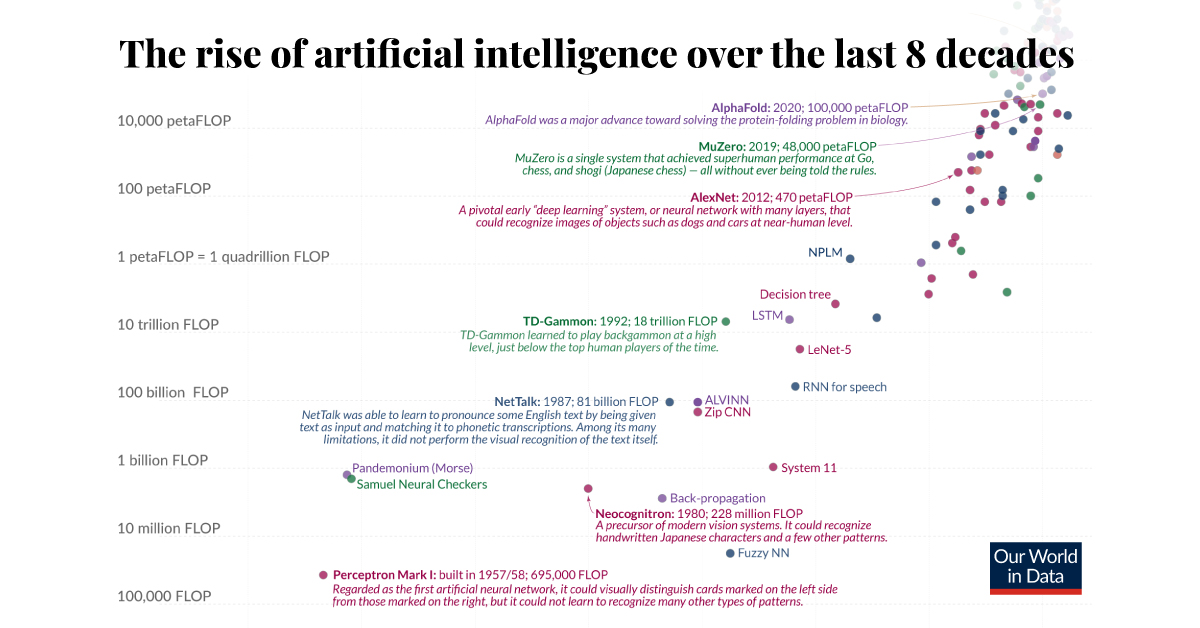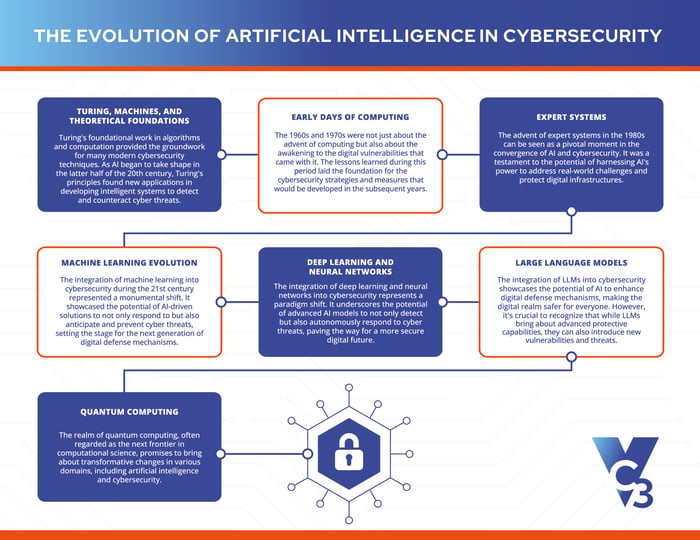Discover the fascinating journey of AI, from its humble beginnings to its current state, and how it shapes our future.
Table of Contents
Artificial Intelligence, commonly referred to as AI, has become a ubiquitous term in today’s digital age. It is a technology that holds the potential to transform industries, revolutionize our daily lives, and even spark ethical debates. In this blog series, we will embark on a journey to explore the world of artificial intelligence, starting with a historical perspective to understand its origins and evolution to its current applications and potential future direction.
Historical Context of AI
AI has a rich history that dates back to the mid-20th century when the term was first coined by computer scientist John McCarthy. The early days of AI were focused on creating machines that could perform tasks that typically require human intelligence. Over the decades, researchers and developers have made significant advancements in AI technology, leading to breakthroughs such as neural networks, deep learning, and natural language processing.
Current Applications of AI
Today, AI is being implemented across various industries, transforming the way businesses operate and consumers interact with technology. In healthcare, AI is being used to diagnose diseases, personalize treatment plans, and improve patient outcomes. In finance, AI algorithms are helping to detect fraud, predict market trends, and streamline processes. Other sectors, such as transportation, retail, and education, are also harnessing the power of AI to drive innovation and efficiency.
Benefits of AI
The potential benefits of AI are vast and multifaceted. AI has the ability to increase productivity, reduce human error, and automate repetitive tasks, allowing individuals and organizations to focus on more complex and strategic initiatives. Additionally, AI can provide personalized experiences, enhance decision-making, and optimize resource allocation, leading to improved outcomes and cost savings.

Image courtesy of via Google Images
Challenges and Ethical Concerns of AI
Despite its many advantages, AI also presents challenges and ethical dilemmas that must be addressed. Issues such as data privacy, algorithm bias, job displacement, and autonomous decision-making raise questions about the responsible use of AI technology. Regulators, policymakers, and industry stakeholders are grappling with how to create safeguards and frameworks that protect individuals while fostering innovation and progress.
Future Direction of AI
The future of AI holds endless possibilities, with advancements in technology propelling us into a new era of intelligence and automation. Researchers are exploring areas such as quantum computing, explainable AI, and AI ethics to push the boundaries of what is possible. As AI continues to evolve, it is expected to play a crucial role in shaping the future of society, economy, and culture.

Image courtesy of via Google Images
Can Skynet Happen?
The concept of a superintelligent AI system, like Skynet from the Terminator movies, has sparked fears and speculation about the potential dangers of AI. While such a scenario remains a work of science fiction, experts are mindful of the risks associated with developing highly advanced AI systems. Safeguards, ethical guidelines, and collaborative efforts are essential to ensure that AI technology is developed and deployed responsibly.
AI in Everyday Life
AI has already become an integral part of our daily lives, from virtual assistants and smart devices to personalized recommendations and autonomous vehicles. As AI technology continues to mature and expand, its presence will become even more prevalent, enhancing convenience, efficiency, and connectivity in our interconnected world.

Image courtesy of via Google Images
AI in Pop Culture
Pop culture has often depicted AI in various forms, ranging from benevolent companions to malevolent overlords. While these portrayals are often dramatized for entertainment purposes, they reflect society’s fascination and apprehension towards AI technology. By examining AI in popular culture, we can gain insights into how perceptions and attitudes towards AI are shaped and influenced.
The Future of Work in an AI World
The integration of AI into the workforce is reshaping the nature of work and the skills required to succeed in a digital economy. As AI technology automates routine tasks and augments human capabilities, individuals will need to adapt and acquire new skills to remain competitive. Lifelong learning, creativity, critical thinking, and adaptability will be key attributes for thriving in an AI-driven world.

Image courtesy of via Google Images
Conclusion
Artificial Intelligence is a dynamic field that continues to evolve and redefine the boundaries of what is possible. By understanding its historical context, current applications, benefits, challenges, and future direction, we can navigate the complex landscape of AI technology with a sense of curiosity, caution, and optimism. As we embark on this exploration of artificial intelligence, let us embrace the opportunities and address the ethical considerations that come with harnessing the power of AI for the betterment of society.



Comments